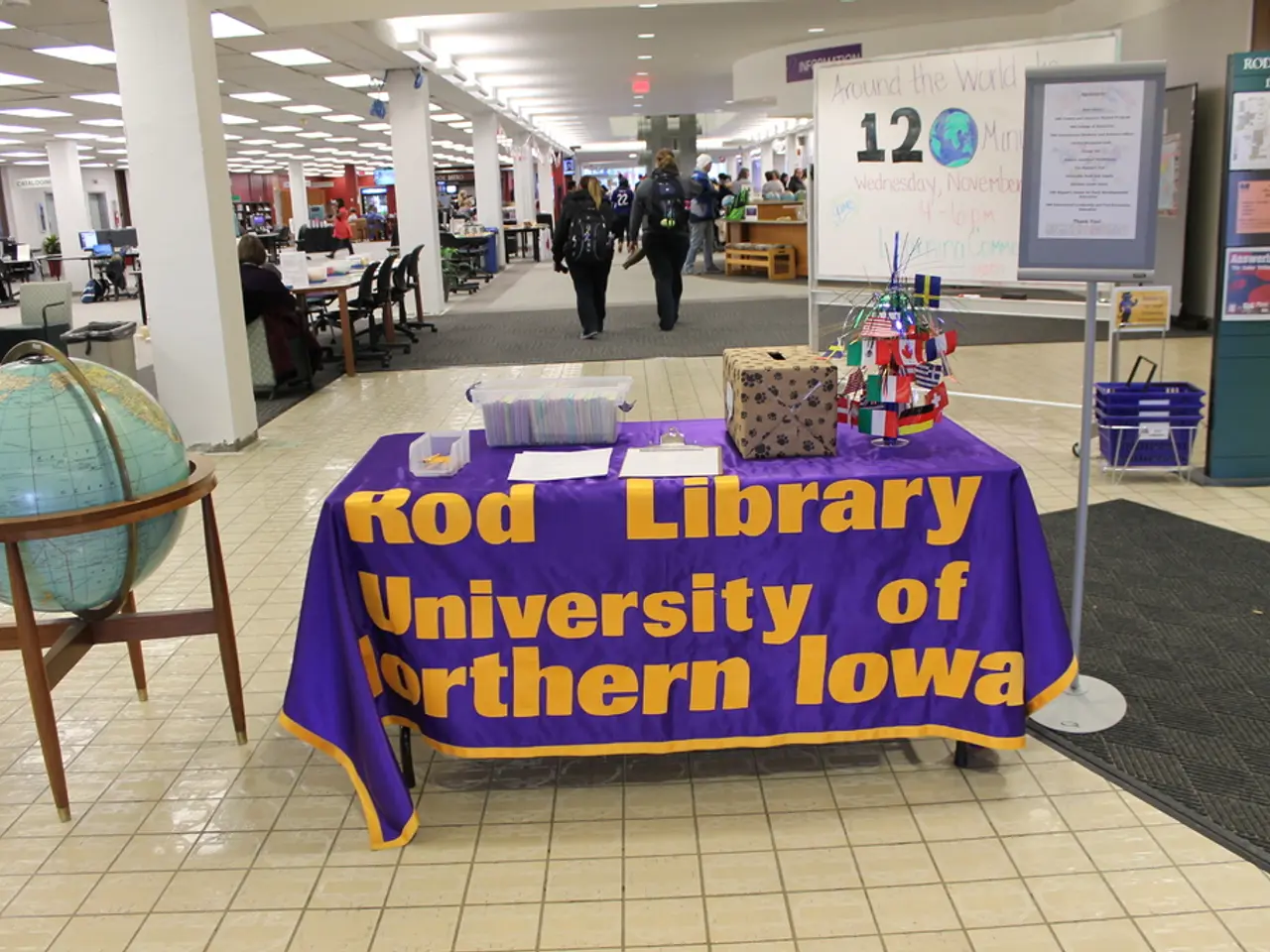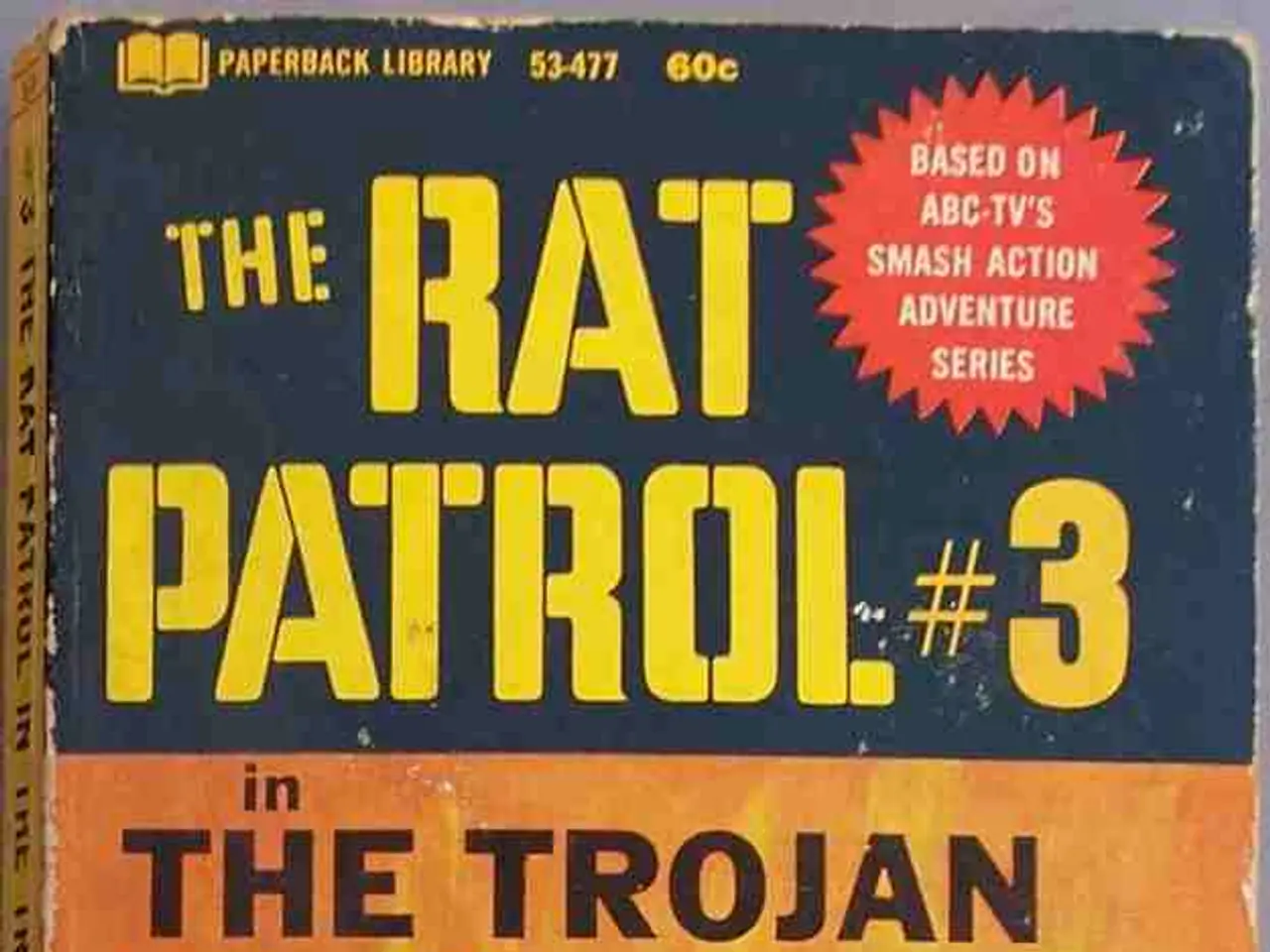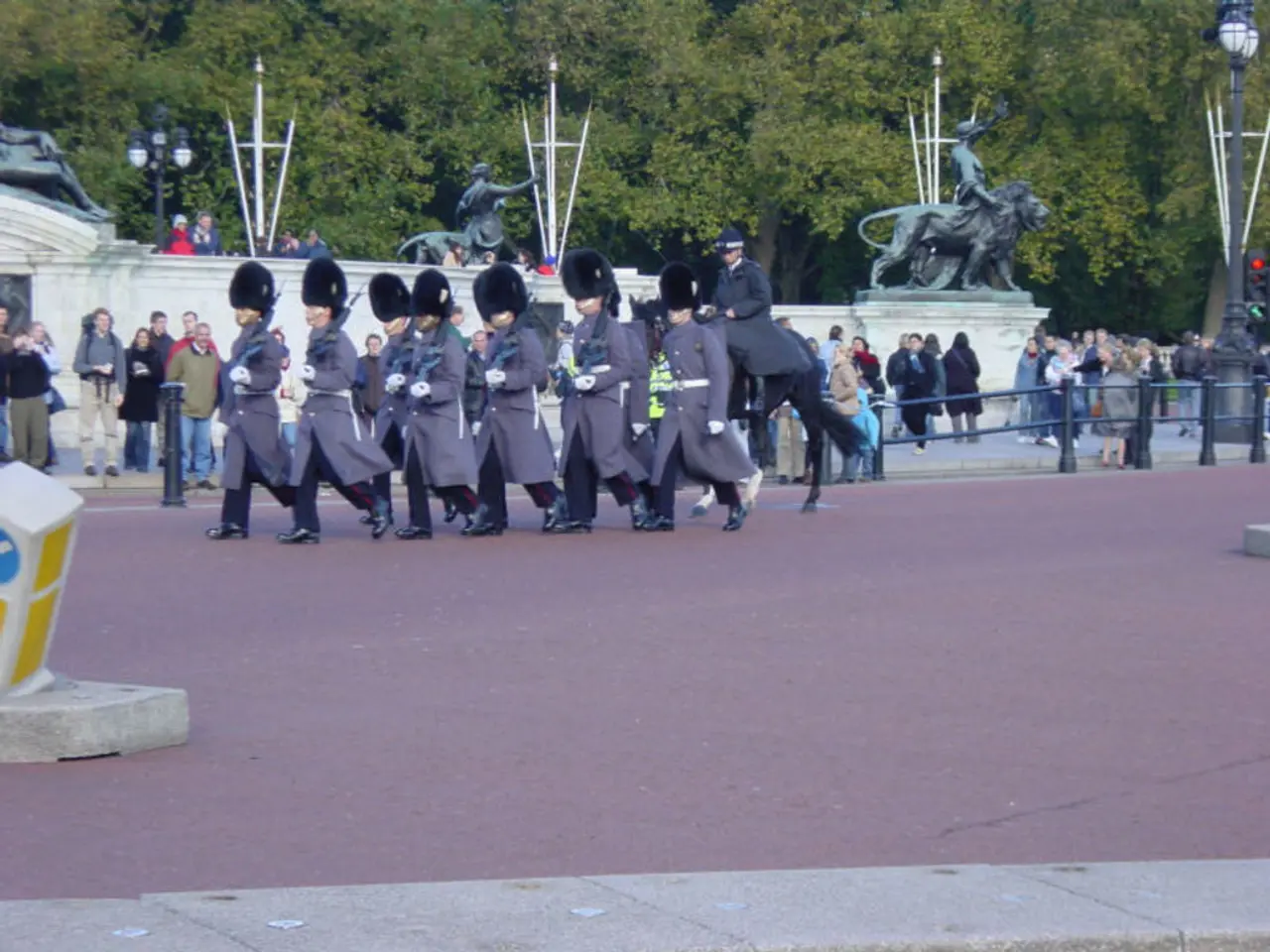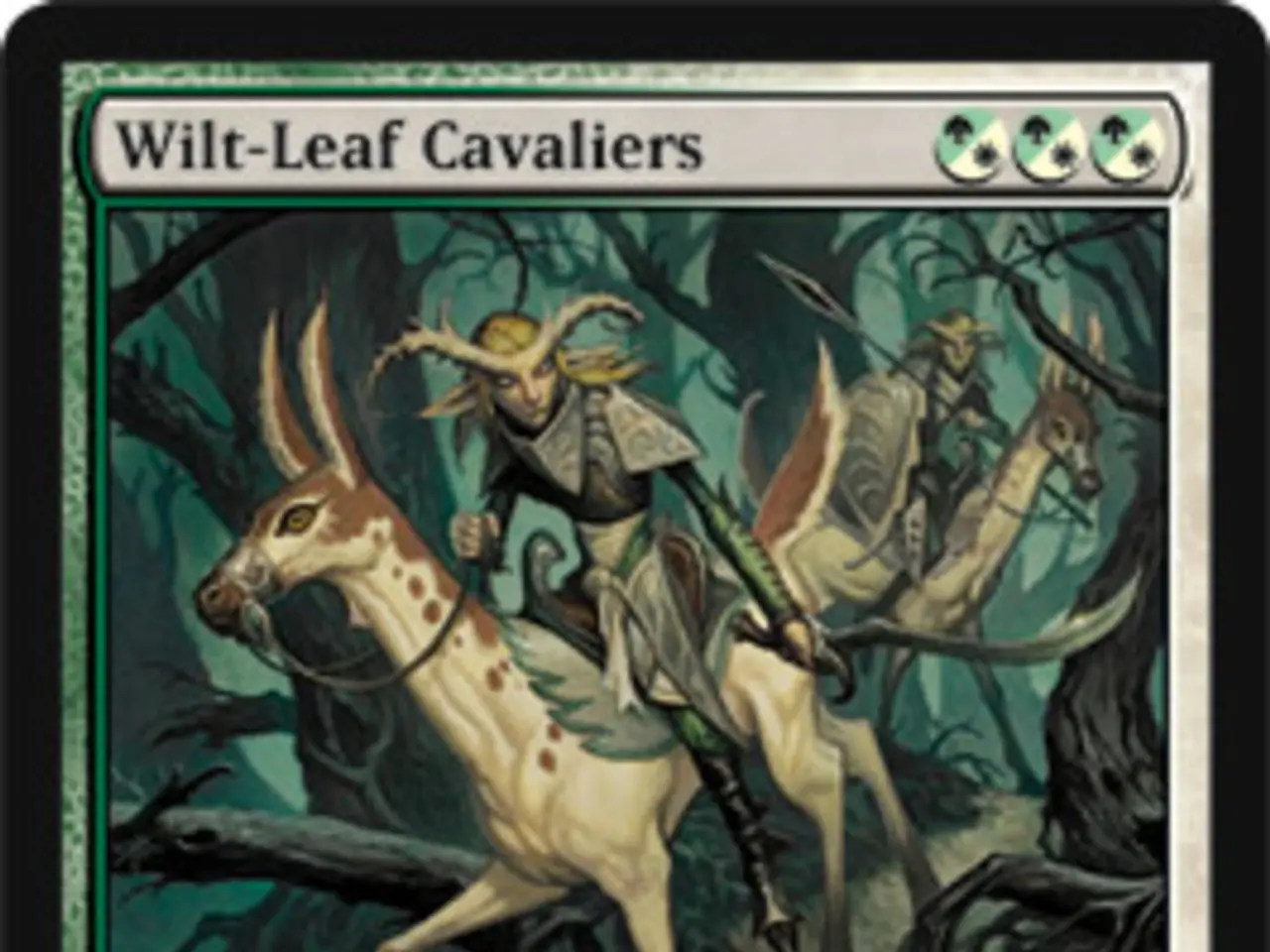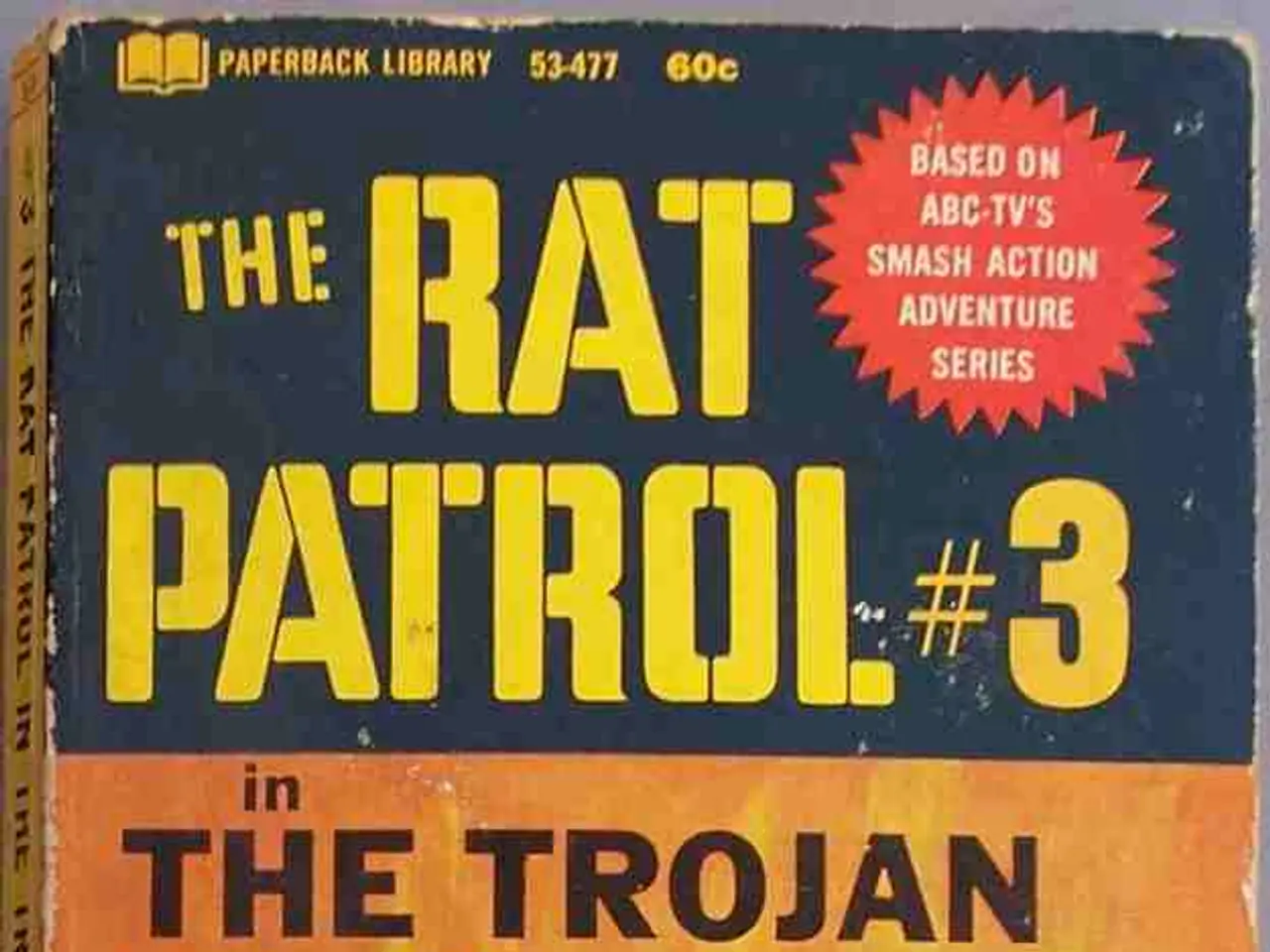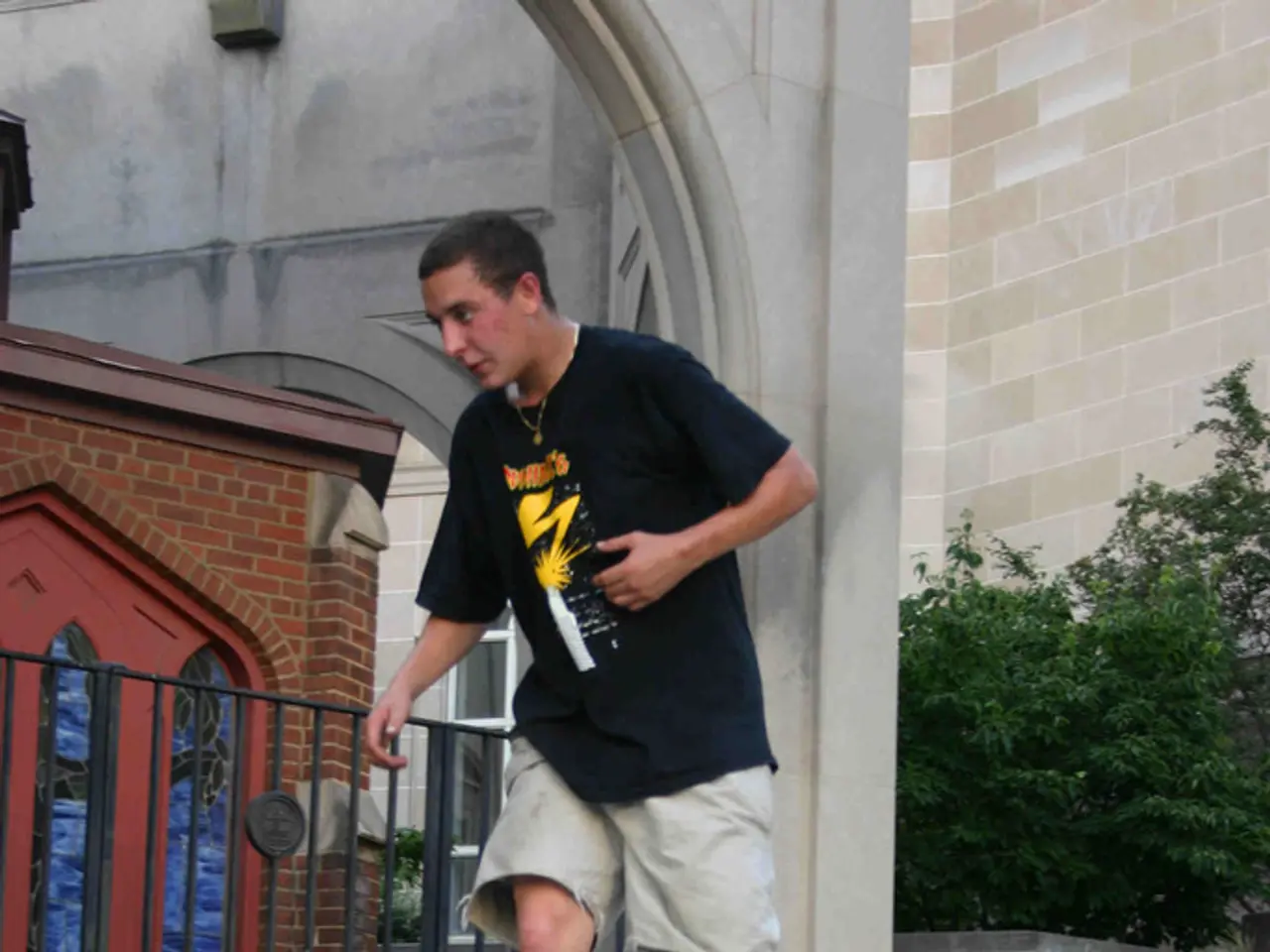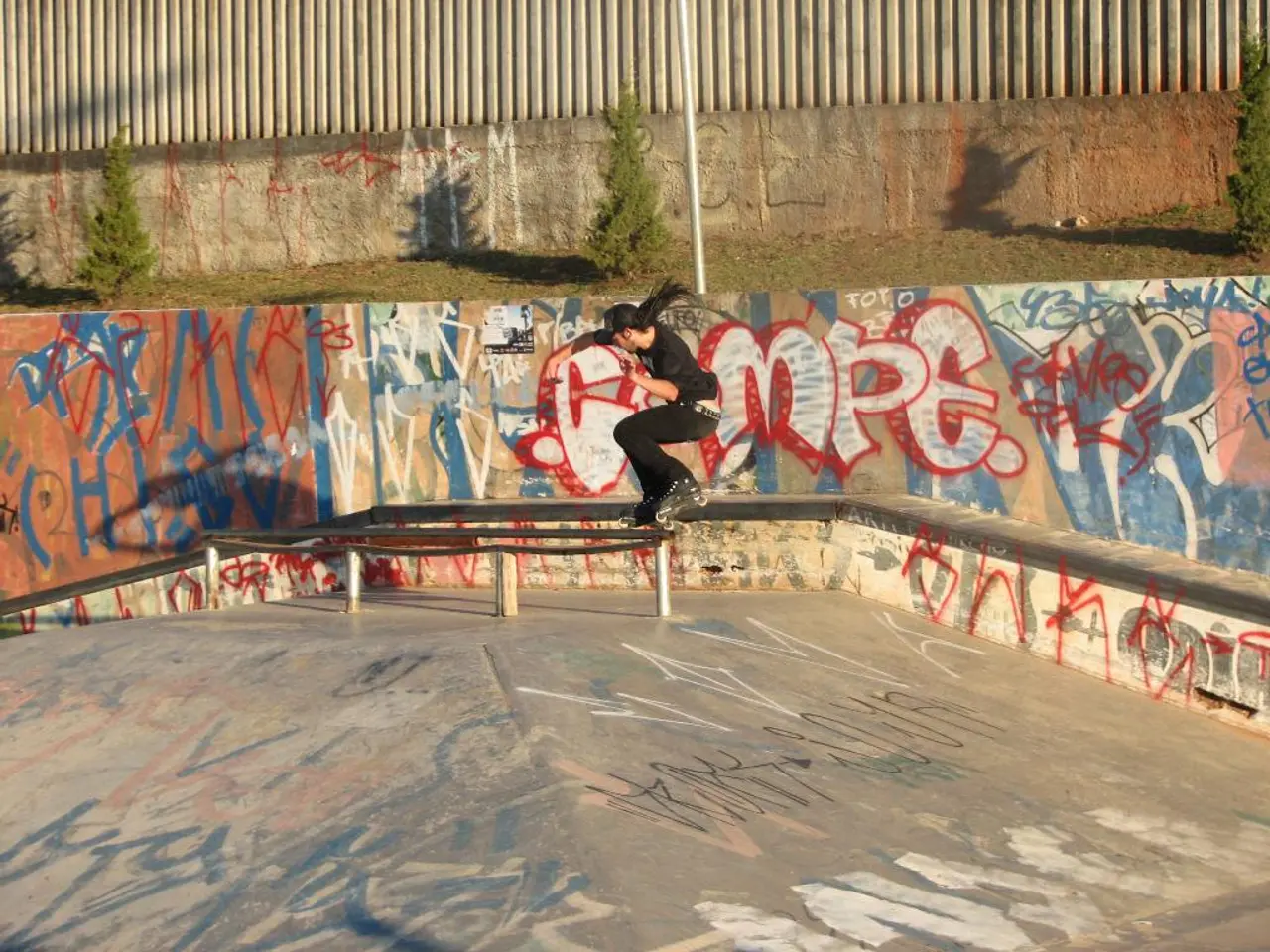U.S. Atom Bomb Attack Commemorated in Nagasaki, Mayor Vowing for Perpetual Peace
Survivors of Nagasaki Atomic Bombing Continue Advocacy for Nuclear Disarmament and Peace
On the 80th anniversary of the atomic bombing of Nagasaki, survivors, also known as hibakusha, gathered at peace parks and hypocentre park to remember the tragic event and advocate for nuclear disarmament and world peace.
Fumi Takeshita, a survivor of the bombing, publicly committed to the goal of abolishing nuclear weapons. Takeshita envisions a world where nuclear weapons are never used, and everyone can live in peace. "I am deeply concerned about the world moving in the opposite direction regarding nuclear weapons and peace," Takeshita stated.
Nagasaki's mayor, Shiro Suzuki, pleaded for an end to global conflicts during the commemoration. Doves were released after Mr. Suzuki's speech, and water offerings were made to remember the blast victims. Officials from more than 90 countries joined in a moment of silence at Nagasaki peace park at 11:02am, the exact time of the bomb explosion. Japanese Prime Minister Shigeru Ishiba was pictured at Nagasaki peace park during the moment of silence.
The bombing of Nagasaki on August 9, 1945, killed 70,000 people by the end of that year. Three days prior, the bombing of Hiroshima killed 140,000 people. Some survivors prayed at churches in Nagasaki, specifically at Urakami Cathedral, which was destroyed in the bombing. The twin bells at Urakami Cathedral, restored by volunteers, rang together again, symbolising hope and resilience.
Survivors like Kunihiko Iida have dedicated themselves to recounting their trauma in peace memorial parks and public forums, often to international audiences, to make the human cost of nuclear weapons more tangible and impossible to ignore. Hibakusha have played a crucial role in the creation and promotion of the Treaty on the Prohibition of Nuclear Weapons, urging future generations to continue this progress.
Survivors have also inspired youth and civil movements advocating for a nuclear-free future. Their stories serve as a rallying call for collective action and political change to reduce nuclear threats in today's geopolitical climate. Survivors maintain ties with campaigns such as the International Campaign to Abolish Nuclear Weapons (ICAN), which won the Nobel Peace Prize in 2017, amplifying calls for abolition and peace.
Despite dwindling numbers and advanced age, Nagasaki survivors remain pivotal voices in the nuclear disarmament movement, conveying an urgent message that peace requires deliberate, sustained action—not just hope. Mr. Suzuki added that he would work towards the abolition of nuclear weapons and everlasting world peace. Koichi Kawano, aged 85, laid flowers at the hypocentre monument, symbolising his commitment to the cause.
[1] Nagasaki Atomic Bomb Museum. (n.d.). Retrieved from https://www.nagasakibombsite.org/ [2] The Hibakusha Stories. (n.d.). Retrieved from https://www.hibakushastories.org/ [3] International Campaign to Abolish Nuclear Weapons. (n.d.). Retrieved from https://www.icanw.org/ [4] International Physicians for the Prevention of Nuclear War. (n.d.). Retrieved from https://www.ippnw.org/ [5] The Nuclear Threat Initiative. (n.d.). Retrieved from https://www.nti.org/
In light of the ongoing global concerns about war-and-conflicts and politics, the survivors of the Nagasaki atomic bombing continue their advocacy for nuclear disarmament and world peace. Fumi Takeshita, a hibakusha, envisions a world free from nuclear weapons, where everyone can live in peace and general-news outlets often cover their efforts.
